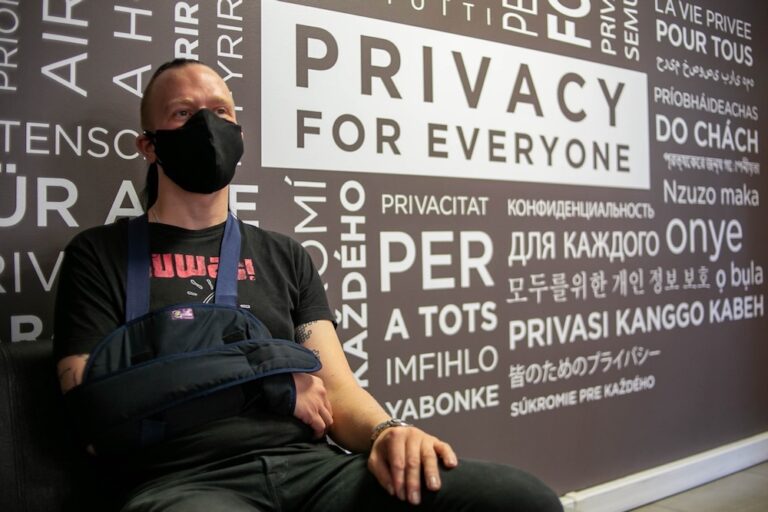Martín Pallares received threats via Twitter after he published an article in which he questioned the government's media coverage of the launch of an Ecuadorian satellite.
On 4 May 2013, Martín Pallares, a journalist for the newspaper El Comercio, was threatened with being beaten by a Twitter user who identified himself as Jorge Mendoza and uses the handle @jorgedavid2002. Mendoza wrote to Pallares “BEING PATRIOTIC IS PUNCHING PALLARES AND BUSTING HIS LIP. That’s what I’ll do when I see him, I hope he can fight”.
The same user wrote in another tweet: “When I see you, you son of a bitch, I’ll bust your snout, I’ll punch you hard…I hope that newspaper seller can fight… I’ll hit him hard for being envious”, he wrote.
The threat came after Pallares published an article on 29 April entitled “Pegaso’s fraud and its great media success”, in which he questioned the government media’s coverage of the launch of the Ecuadorian satellite. One of the tweets published by the user against the journalist says: “envious, sick son of a bitch first time we have a satellite, you should be proud of Pegaso … I’ll bust your snout”.
Pallares has previously been discredited by President Correa on at least ten occasions, when he called the journalist “sick” and “unethical” among other things during his Saturday programs.
On 1 May, Patrick Ventrell, spokesman for the US State Department, urged Ecuador “to support press freedom as an essential component of a democratic society and to ensure that journalists can operate without fear or threat of retaliation”. Ventrell highlighted the alleged “personal attacks and attempts to discredit” journalists such as Jeanette Hinostroza, of Teleamazonas; Martín Pallares, of the newspaper El Comercio; and Miguel Rivadeneira, of Radio Quito, for whom he asked for protection for their safety and freedoms.
Ecuadorian Foreign Minister Ricardo Patiño, at a press conference, called Ventrell’s declaration “absurd and disrespectful” and regretted that “a spokesman for the US State Department should consider sending that kind of advice” and stressed that the journalists referred to are “adults” who should be “responsible for what they say” and that in some cases they have said “untruths”.


